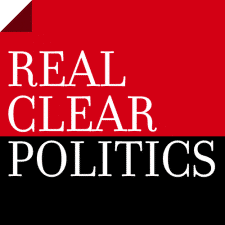“As the backlash over narrow physician networks continues to make headlines and lawmakers start the August recess, a new nationwide survey found 76 percent of likely voters support a bipartisan proposal to give Medicare patients better medication access and more choice of pharmacy.
Bait-and-switch. That’s the common refrain expressed by patients in recent articles about the narrow network trend, from Morning Consult to The New York Times to USA TODAY. Patients report either not knowing or being misinformed about restrictions on their access to the doctor of their choice. As a result some are racking up significant, unanticipated out-of-pocket costs. Now both regulators and insurance plans alike are reassessing the situation and contemplating adjustments for 2015.
It’s not just doctors, however. Patient access to medication and consultations on its proper use with the pharmacist they know and trust are also suffering. Particularly in Medicare drug plans, insurance middlemen are telling some patients to pay more – sometimes significantly more – or switch pharmacies, even if it means traveling 20 miles or more.
But perhaps unlike the physician narrow network conundrum, there is an easy, obvious solution to the narrow pharmacy network issue in Medicare drug plans: H.R. 4577, the Ensuring Seniors Access to Local Pharmacies Act.
The bipartisan proposal would give seniors in medically underserved areas more convenient access to medication at discounted or “preferred” copays at additional pharmacies that are willing to accept the plan’s terms and conditions. Currently, independent community pharmacies are usually locked out of these smaller or “preferred” networks. Moreover, when community pharmacists offer to accept the same terms and conditions they are still kept out. Independent pharmacies make up approximately half of all rural pharmacies, so their patients must pay this “rural tax” or travel great distances to reach a “preferred” pharmacy.
Three out of four likely voters (76 percent) support this proposal, according to a recent nationwide opinion survey conducted by Penn Schoen Berland, or PSB Research. Support runs across party lines as well as demographic ones, such as gender and age.”
Strong Voter Support Emerges for Patient Choice of Pharmacy in Medicare
You are here:
- Home
- Access to Care
- Strong Voter Support Emerges for Patient Choice of Pharmacy in Medicare






